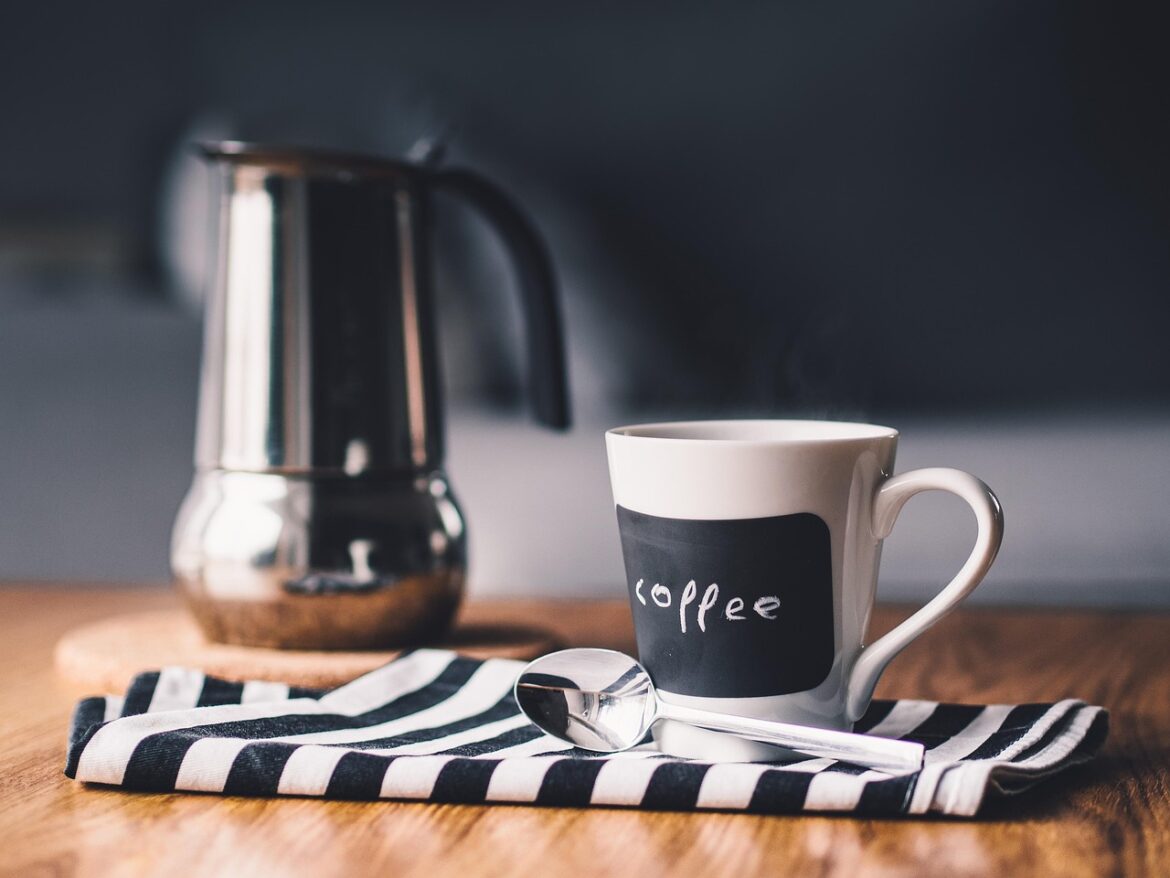Mastering the Basics: A Novice’s Guide to Coffee Brewing
Embarking on your coffee brewing journey can be a delightful exploration of flavors, aromas, and techniques. If you’re a novice looking to delve into the art of coffee making, understanding the fundamentals is vital. This guide provides a comprehensive introduction to coffee brewing, addressing common questions and offering key tips to enhance your brewing skills. So, buckle up as we guide you through the essentials of brewing the perfect cup of coffee.
The Importance of Coffee Beans
The foundation of a great cup of coffee begins with selecting high-quality coffee beans. The variety, origin, and roast of the beans significantly influence the flavor and aroma of your coffee. For beginners, it’s advisable to start with beans from reputable local roasters. Experimenting with different origins, such as Colombian, Ethiopian, or Sumatran, can help you understand the unique profiles each offers.
Choosing the Right Beans
Opt for whole beans over pre-ground coffee to maintain freshness and flavor. Whole beans retain their quality longer and allow you to experiment with different grind sizes, essential for various brewing methods.
Understanding Coffee Grinding
The grind size of your coffee beans plays a crucial role in the brewing process. A consistent grind ensures even extraction, which is key to achieving a balanced flavor. Coffee grinders come in two main types: blade and burr. Burr grinders are preferred for their ability to produce a more uniform grind size.
Finding the Perfect Grind Size
Each brewing method requires a specific grind size:
- Coarse grind: Ideal for French press and cold brew.
- Medium grind: Suitable for drip coffee makers and pour-over cones.
- Fine grind: Used for espresso machines.
Adjusting the grind size can help you control the strength and taste of your coffee.
Selecting the Right Brewing Method
There are several popular brewing methods, each offering different flavors and textures. Understanding these can help you select the best method based on your preference and the equipment available.
Popular Brewing Techniques
- French Press: Known for its rich and full-bodied texture.
- Espresso: Offers a concentrated and robust flavor, often used as a base for other drinks like lattes and cappuccinos.
- Pour-over: Provides a clean and aromatic flavor, allowing more oils and aromatics to be extracted.
- Aeropress: Versatile and fast, suitable for brewing a smooth and strong coffee.
Exploring different methods can widen your appreciation for the diversity of coffee.
Mastering Brewing Parameters
To brew coffee properly, you need to control several variables:
- Water Temperature: Ideally between 195°F to 205°F. Too hot and you risk over-extraction, too cool and under-extraction.
- Brew Time: Varies with methods; espresso takes about 20-30 seconds, while a French press might need 4 minutes.
- Water Quality: Use filtered or bottled water for the best flavor, as tap water can include minerals or impurities that affect the taste.
Adjusting these parameters allows you to refine the end result according to your taste preferences.
Improving Your Brew with Tips and Tricks
- Pre-infusion: Wet the grounds lightly before full brewing to allow for a more even extraction.
- Cleaning: Regular cleaning of your coffee maker or espresso machine is crucial for maintaining flavor integrity and equipment health.
- Freshness: Store your beans in airtight containers in a cool, dark place to preserve their freshness for as long as possible.
Incorporating these practices can significantly enhance your coffee brewing experience.
FAQs for Coffee Brewing Novices
How often should I clean my coffee equipment?
Clean your equipment at least once a week or after every 20 cycles to prevent oil build-up and residue.
Can I reuse coffee grounds?
It’s not recommended to reuse coffee grounds as the desirable flavors are typically extracted during the first brew, leaving behind bitter and flat flavors.
Is filtered water necessary?
While not always necessary, filtered water can enhance the purity and flavor profile of your coffee, especially if your tap water has a strong taste or odor.
Conclusion
Mastering the basics of coffee brewing can open up a world of aromatic delights and satisfying experiences. By focusing on the quality of your beans, the precision of your grind, and the nuances of your chosen brewing method, you can transform your coffee routine into an artful culinary practice. Remember, every coffee enthusiast was once a beginner, so enjoy your journey toward brewing perfection!
With the insights and tips provided in this guide, you are well-equipped to start experimenting and refining your coffee brewing techniques. Embrace the process and let your passion for coffee bloom.

